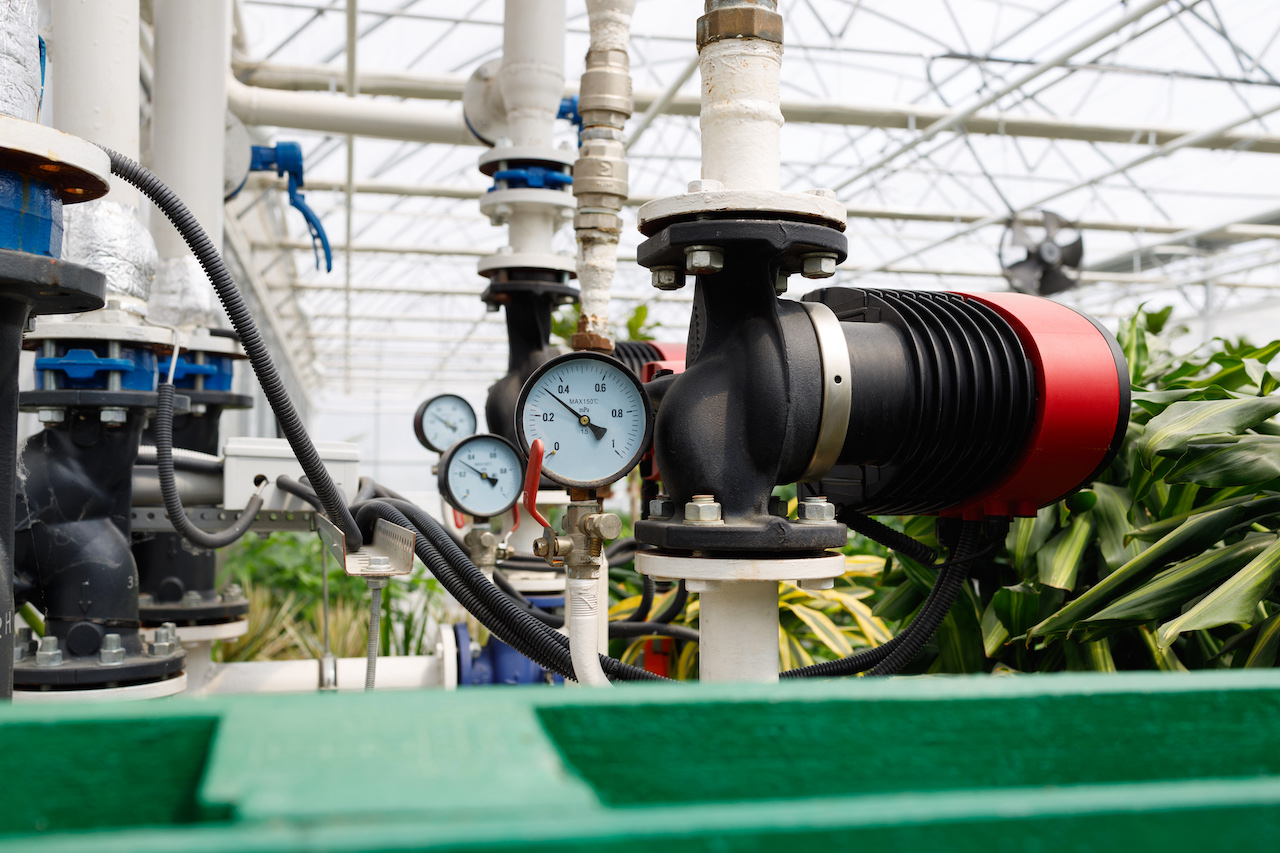Wireless vs Non-Wireless Irrigation Systems: The Ultimate Guide

Efficient irrigation systems are essential for healthy lawns, productive gardens, and sustainable water use. When it comes to choosing an irrigation system, you’ll often be faced with two main options to consider: wireless and non-wireless systems. Each comes with its own pros and cons, making one a better fit over the other depending on your specific needs.
If you’re unsure of which to select for your property, this comprehensive guide breaks down everything you need to know about non-wireless and wireless irrigation systems. By the end, you’ll have the insights necessary to make the right decision for your yard, garden, or agricultural operations.
What is a Wireless Irrigation System?
A wireless irrigation system is a type of irrigation setup that relies on wireless communication technology to operate. These systems often come with smart controllers and sensors that allow you to manage and monitor your irrigation remotely through a mobile app or website.
The key benefit here is the elimination of physical wires connecting the system’s components, offering greater flexibility and convenience. Advanced wireless systems also deploy weather adjustments, soil condition monitoring, and other efficient water-saving features.
Benefits of Wireless Irrigation Systems
- Remote Control: Manage your system anytime, anywhere from your smartphone or computer. This is ideal if you travel often or manage multiple properties.
- Water Efficiency: Wireless systems typically incorporate features like real-time weather updates and soil moisture sensors to prevent overwatering or underwatering.
- Convenience: Without physical wiring, installation is often quicker and less invasive, particularly for properties with complex layouts.
- Smart Technology Compatibility: Many systems integrate with other smart devices and home automation systems, such as Amazon Alexa or Google Assistant.
- Scalability: Wireless systems allow for easier expansion or modification, perfect if your irrigation needs evolve over time.
Disadvantages of Wireless Irrigation Systems
- Higher Initial Investment: The upfront cost of a wireless system, including a smart controller and compatible sensors, can be higher compared to traditional systems.
- Reliance on Technology: Wireless systems depend heavily on stable internet or Bluetooth connectivity, which may be a disadvantage in areas with unreliable connections.
- Learning Curve: For those unfamiliar with smart devices, navigating system apps or setup might feel overwhelming at first.
What is a Non-Wireless Irrigation System?
A non-wireless irrigation system, while more conventional, remains a reliable choice for managing water across your outdoor spaces. These systems involve physical control panels and wired connections to components like sprinkler heads, timers, and valves.
Though considered a “traditional” option, these systems continue to perform well in many settings, particularly for smaller properties or users with straightforward watering needs.
Benefits of Non-Wireless Irrigation Systems
- Cost-Effective: Non-wireless systems tend to have a lower upfront cost, making them a budget-friendly option for homeowners with simpler irrigation needs.
- No Dependence on Technology: Wired systems don’t rely on Wi-Fi or Bluetooth, so they are unaffected by internet outages or technical glitches.
- Simplicity: Plain and easy-to-use control panels make these systems user-friendly, especially for individuals less comfortable with technology.
- Reliable Performance: Without relying on wireless communication, non-wireless systems are reliable and less prone to issues like connectivity loss.
Disadvantages of Non-Wireless Irrigation Systems
- Limited Flexibility: Installation may need additional effort, especially for larger areas, as wires need to be laid out between all components.
- Lack of Real-Time Adjustments: Without weather or soil data inputs, these systems may overwater or underwater your spaces.
- Less Convenience: Managing the system requires physical interaction with the control panel, which may be inconvenient if you’re away or busy.
- Harder to Upgrade: Adding new features or expanding coverage typically requires additional hardwiring.
Improve Your Irrigation with Wireless Technology Today
Whether you’re looking for the convenience of remote management or the efficiency of smart watering, wireless irrigation systems offer countless benefits worth exploring. If you’re ready to upgrade your irrigation game, start researching systems that align with your property’s unique needs and budget!



